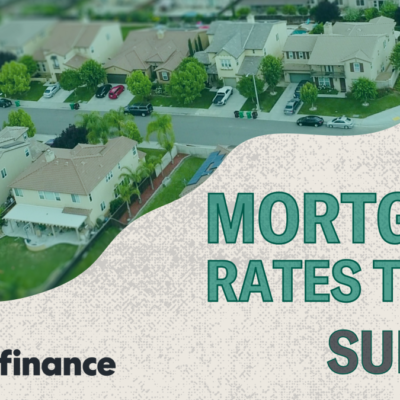Mortgage borrowers waiting to fix their mortgage rate could be entertaining a “risky strategy” due to the “uncertain rate outlook”, a broker firm has said.
Fee-free mortgage broker L&C, which completed over £10bn in mortgage business in 2023, said that borrowers looking to wait for lower rates rather than fixing now could “fall foul of any further fluctuation in interest rates”.
L&C said that the average two-year fixed remortgage from the top 10 lenders has gone from 5.4% in November 2023 to 4.46% at the beginning of February 2024. It has since gone up to 4.94%.
The firm noted that monthly payments for the average two-year fixed rate are £55 higher than at the low point in February for a £200,000 25-year mortgage.
The company said that “mixed inflation data” could “put the brakes” on further improvements in fixed rate pricing, which underscores the risk of waiting for borrowers.
L&C said that its free rate check service in the first four months of the year had saved borrowers a total of £18.3m over their deal period, by switching them to a better deal when rates were falling.
The broker said that the average saving from moving to a lower rate was around £125 per month, which lowered the annual payments by £1,500.
David Hollingworth, associate director at L&C Mortgages, said: “It’s easy to understand why mortgage borrowers might be indecisive about securing a new deal when there’s so much speculation over when the Bank of England may cut interest rates. Fixed rates already reflect market expectation, but continue to fluctuate as the data changes. That makes it almost impossible to second guess where fixed rates are headed next.
“The average two-year fixed remortgage rate has increased from the low point in February to sit almost half a percentage point higher now.
“Protecting against any ups in rates by securing a deal sooner doesn’t mean missing out on any downs, should rates later improve before your switch completes. Rate check can help borrowers maximise savings while still giving surety against losing out to rising rates.”





